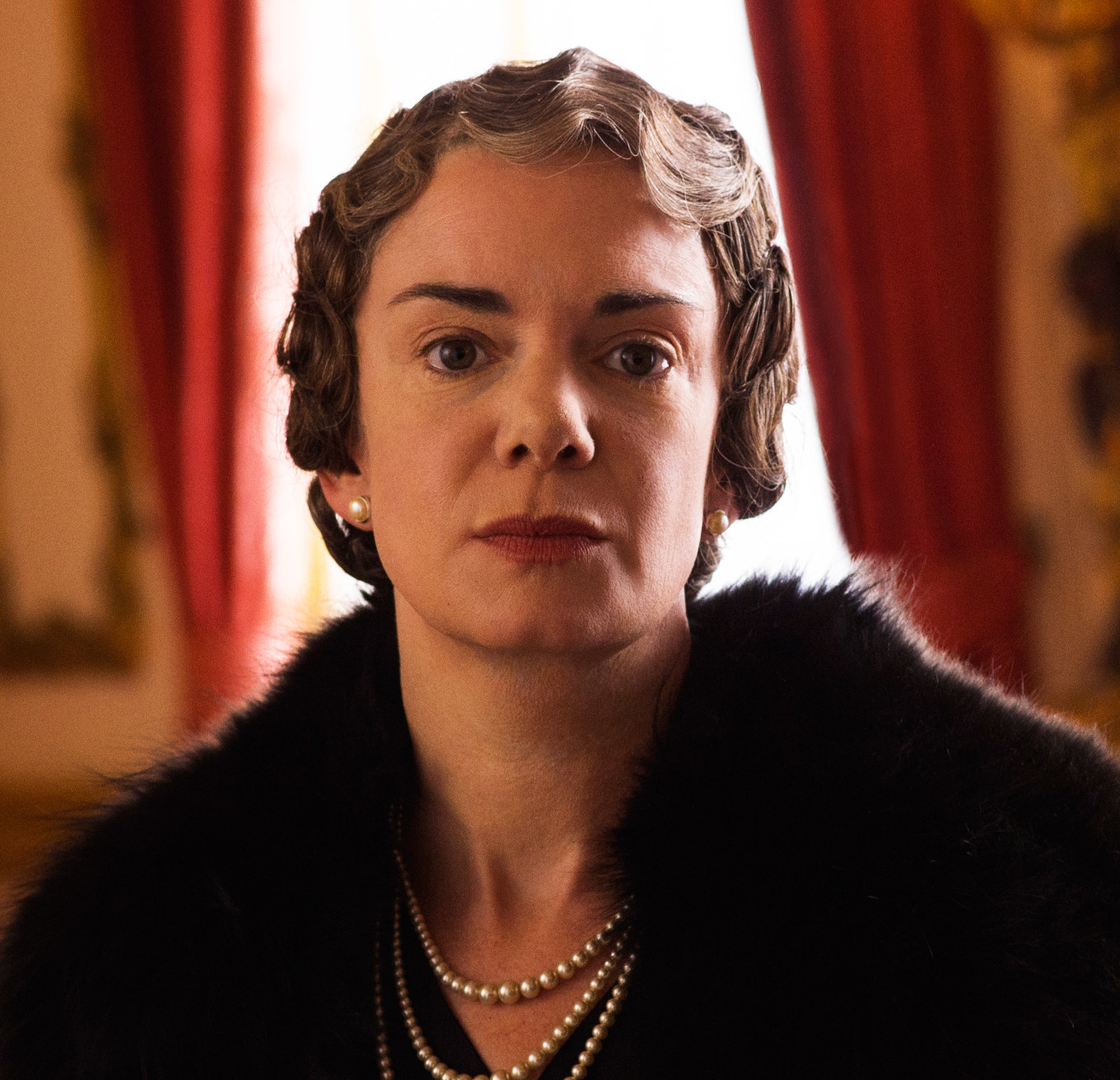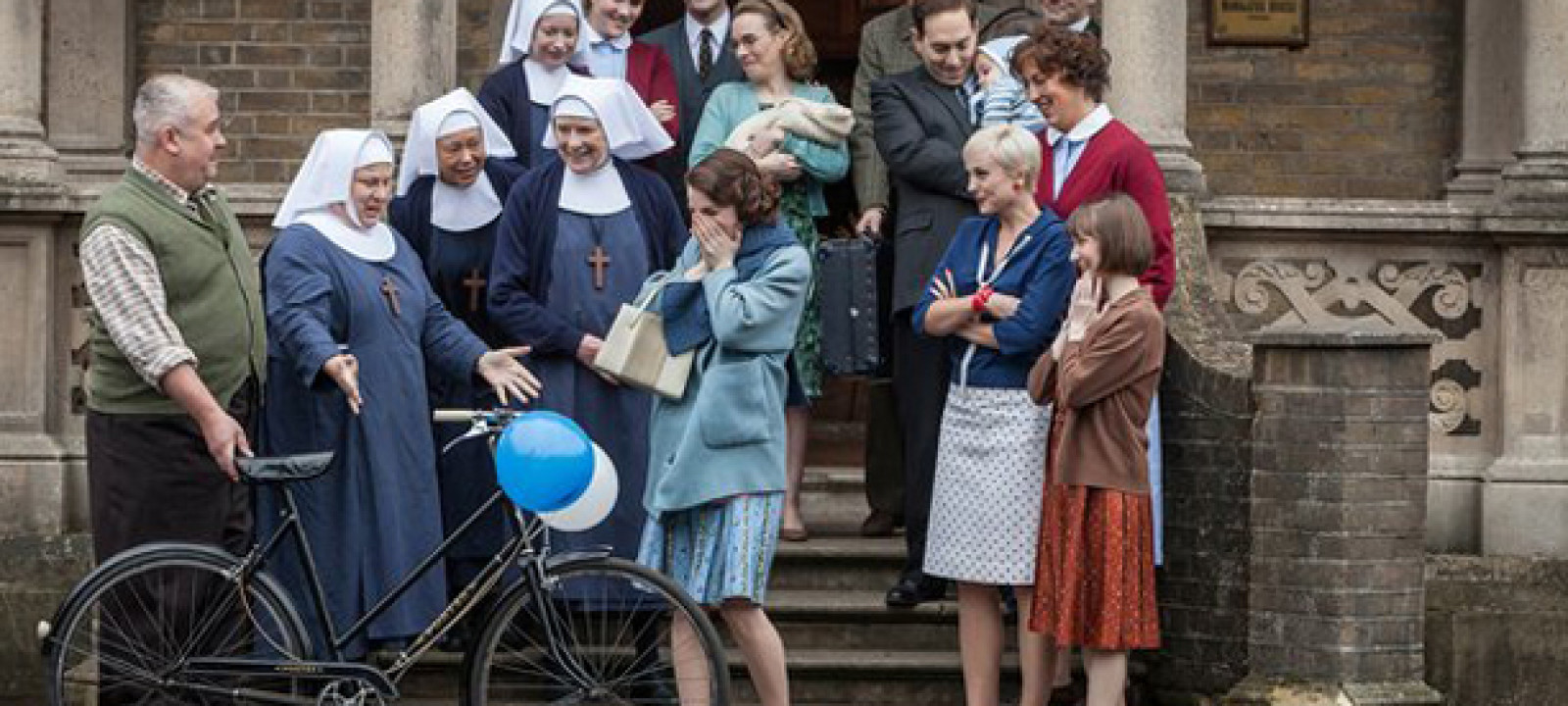Yellows for Chile
Since the voting began in the plenary session of the Constitutional Convention in Chile, a group of academics and former ministers, mainly from the Center Left, have reacted to some ideas that are quite far from what the majority of Chileans expected from this new project.
This group of personalities who has achieved growing support has even announced a movement, which they have baptized "Amarillos por Chile", managing to gather signatures and support, all from various positions in politics, education, culture and governments of different democratic tendencies. "The spirit that must prevail in the Convention must be that of dialogue, conversation, truly listening to those who think differently," they say in their letter, led by Cristián Warnken, the columnist and former television presenter.
Over time, it has been confirmed that some constituents support very radical ideas such as dissolving the three powers of the State (Executive, Legislative and Judicial) to create a Plurinational Assembly.
Said initiative contemplated excluding the following groups from the right to vote in the base assemblies: owners of large companies, bankers and speculators, the high hierarchy of the church, the officers of the Armed Forces and the management of large companies.
Fortunately, sanity prevailed and this idea was rejected by a large majority. However, there are many other initiatives that put our current republic at risk.
Yellows for Chile: a new movement is born made up of more than 70 personalities, including national prize-winners, academics, economists and former ministers of the Concertación (centre-left political group) organized in response to the danger of the "refounding" of Chile " right from the start".
"The great tragedies in our continent and in the entire world have occurred when we yellows have been silenced or have not raised our voice with sufficient conviction," says the founding document of this new citizen movement in one of its paragraphs.
The group's manifesto argues that there are refoundational spirits expressed especially in the Constitutional Convention. Faced with this, the subscribers suggest, it is necessary to raise "the voice" in favor of "dialogue and conversation."
"Many of the proposals that have emanated from the commissions and some of those that are already reaching 2/3 in plenary are turning on the alert signal among those of us who do not want the deconstruction of Chile, nor its dismemberment, nor its refoundation from scratch. ", they pose. "The spirit that must prevail in the Convention must be that of dialogue, conversation, truly listening to those who think differently."
They add that the yellows are "a silent majority in the country," who want "reforms, not revolution, not an inharmonious or biased Constitution, but a new balanced Constitution." That constitutional proposal, they argue, should move away from the "failed experiments of other Latin American countries." Instead, it should reconcile "order with freedom, change with stability, as one of our intellectual fathers of the country, Andrés Bello, dreamed and thought."
There are also a number of economic figures who were authorities during the Concertación governments, such as former Finance Ministers Alejandro Foxley and Andrés Velasco; the former president of the Central Bank and former Minister of Economy José De Gregorio; and other former ministers such as Alejandro Ferreiro, Vivianne Blanlot, Ignacio Walker, Jorge Burgos, René Cortázar, Mariana Aylwin, Jaime Campos, Isidro Solís, Pedro García, José Joaquín Brunner and Enrique Krauss.
The list also includes representatives of Congress. Among them are the outgoing DC senator Carolina Goic, the incoming ex-DC deputy Andrés Jouannet, and former senators such as Soledad Alvear, Eugenio Tuma, Hernán Vodanovic and Fulvio Rossi.
The professor and poet Cristián Warnken Lihn comments that the group is made up mostly of people from the center and center-left, who do not want the country to be thrown overboard, but rather to make changes: but well done. This is not a political party, it is an open, citizen movement of very diverse people with no hidden agenda."
The following are excerpts from the "Amarillos por Chile" manifesto. The complete version can be reviewed at the end of this article, with the list of the 75 subscribers and their call for adhesions:
The denomination "yellow" emerged a long time ago in our country as an insult to those who were in favor of change, but in a gradual and responsible manner, and preferred the path of reforms to that of revolution, that of dialogue with those who think differently than the idea of turning the political adversary into an enemy to be destroyed. In the midst of the refoundational euphoria that wants to start from scratch, it is usual for the voice of the yellows to try to be silenced, and radicalism and maximalism seem much more attractive than prudence and realism. But in the desire for social transformations, there is not only the impulse towards the impossible (typical of utopias), we yellows feel the passion for what is possible, which consists in doing things well done, achieving the necessary changes without destroying what is good, betting for a better future without thinking that you are starting from scratch.
The great tragedies in our continent and in the entire world have occurred when we yellows have been silenced or have not raised our voices with sufficient conviction (as in the face of the legitimization of political violence, for example), making us feel self-conscious before those who shout more and build a version of reality as a Manichaean story, dividing the world into good guys and bad guys and offering simplistic solutions to complex problems.
Many of the proposals that have emanated from the commissions and some of those that are already reaching 2/3 in plenary are turning on the alert signal among those of us who do not want the deconstruction of Chile, nor its dismemberment, nor its refoundation from scratch, but a new beginning that collects the best that we have all built together in these decades and improves in an efficient and intelligent way what needs to be improved.
For this, the spirit that must prevail in the Convention must be that of dialogue, conversation, truly listening to those who think differently.
In this sense, the attempt by some radicalized factions of the Convention to ignore, and even erase, a significant political sector of the country (the center-right), as the maximalists of that time tried to do in the 1980 Constitution, is a huge political mistake. We must not forget that this sector obtained a very important vote in the last legislative election and 44% in the presidential election. Can a viable Constitution be made without including or listening to that sector, as if it did not exist? Proposing an exclusive constitutional text that was not born from genuine dialogue and listening also to the minority would be a pyrrhic victory that would not ensure a long life for said Constitution and would only help to polarize the country even more.
The "yellows" have always existed. We are -so we believe- a silent majority of the country. We demonstrated in the recent presidential election and with our vote we forced the extremes to moderate. This country is -deep down- more yellow than it seems. He wants reforms, not revolution, not an inharmonious or biased Constitution, but a new balanced Constitution, that gathers the best of our own institutional tradition (and not the copy of failed experiments in other Latin American countries), that manages to reconcile order with freedom , change with stability, as one of our intellectual fathers of the country, Andrés Bello, dreamed and thought.
We yellows have decided to raise our voice to contribute to this fundamental crossroads of our political and institutional history. We are here to support any initiative that goes in the direction of balance, moderation, common sense, unrestricted respect for Democracy (without surnames), the Rule of Law, freedom and also the promotion of social rights, reforming and improving both the market and the state. And we will loudly raise our voice against any attempt to lead us down the wrong path to repeat failed refoundational experiments in all parts of the world. Against any type of enlightenment, we reaffirm our trust in the light of dialogue and reason, which made it possible for this country to exist as a country and for democracy to re-emerge after the long night of intolerance and dictatorship.
This is our first statement, but it won't be the last. We want many Chileans who today feel politically orphaned to know that we Yellows are here and now, at this decisive moment in our history. We invite all free and democratic spirits to join this initiative without complexes, fear or mistrust. This is the time for courage, not cowardice or resignation.
 |
| Mario Waissbluth |
For his part, academic Mario Waissbluth (professor at the University of Chile) mentions that the convention has exceeded the issue of indigenous rights, since this group is a minimal percentage of the population of Chile and it seems that the Constitution is designed only for them, where they are assigned excessive participation and rights.
This is exacerbated by the excessive representation of parties of the most radical left.
Along these lines, Waissbluth maintained that the "plan is to start making specific observations on specific articles of the Constitution and not only to criticize, but also to counter-propose."
"What we have agreed upon is that we are going to have a communications group, and a technical group that from now on will begin to analyze article by article, give an opinion and make a counterproposal and spread it through all the channels that we can".At the time of publication of this article, the group has already achieved more than 22,000 adherents.
Source: Pauta, Amarillos por Chile and author's notes








































